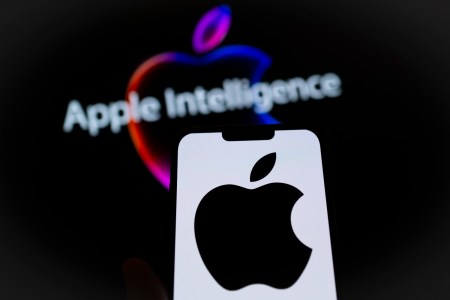What does it take to get Sony Music, Universal Music Group and Warner Records — ostensibly competitors in the same industry — on the same side of a lawsuit? The answer, as is the case with many things in 2024, involves artificial intelligence. According to reporting by Blake Brittain at Reuters, the three record labels have filed lawsuits against Suno and Udio, both companies that use AI to let users generate music.
At issue in this lawsuit is whether or not the music generated by this technology is violating the copyright of music that the labels control the rights to. In the labels’ lawsuit against Udio, for instance, they argue that “Udio copied Plaintiffs’ copyrighted sound recordings en masse and ingested them into its AI model.”
The labels go on to argue that this technology is not viable unless it’s able to draw on a vast archive of existing music. “Udio’s product can only work the way it does by copying vast quantities of sound recordings from artists across every genre, style, and era,” the labels’ lawsuit states.
Elsewhere in the lawsuit, the labels point to a song generated by the prompt “m a r i a h c a r e y, contemporary r&b, holiday, Grammy Award-winning American singer/songwriter, remarkable vocal range” that sounds uncannily like “All I Want for Christmas Is You.” The plaintiffs are seeking damages of up to $150,000 per song, according to Reuters, with Suno accused of copying 662 songs and Udio of copying 1,670.
Apple and Meta Are Reportedly Exploring an AI Partnership
Apple is keeping its AI options openIf the record labels’ allegations are true, it won’t be the first time that a generative AI system gets into hot water for violating copyright. Last year, an investigation at The Atlantic revealed that 183,000 books were used without permission to train a number of AI systems. A number of writers have also filed suit against OpenAI — and if the record labels succeeds in this suit, it’s not hard to imagine it leading to more of its kind.
This article was featured in the InsideHook newsletter. Sign up now.



















